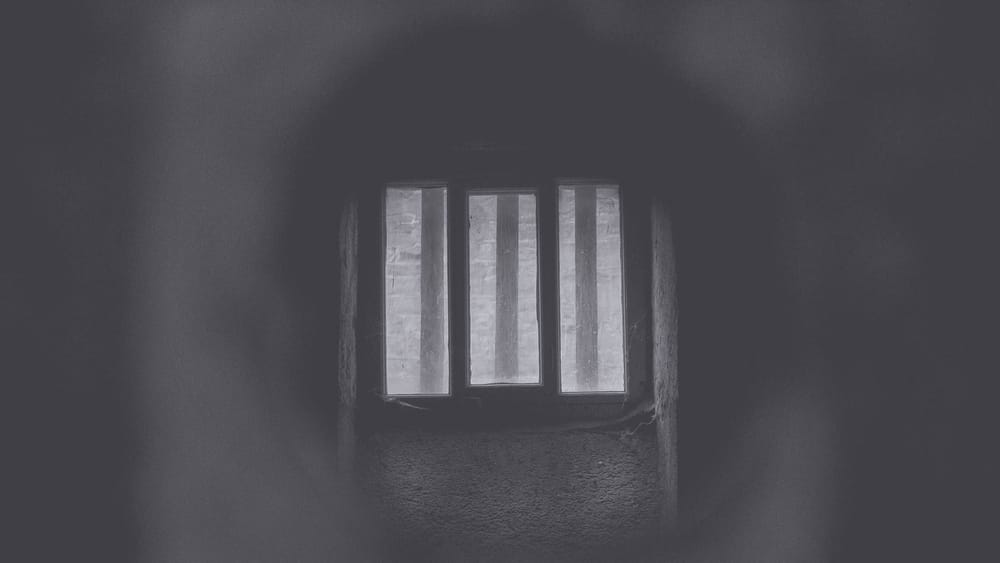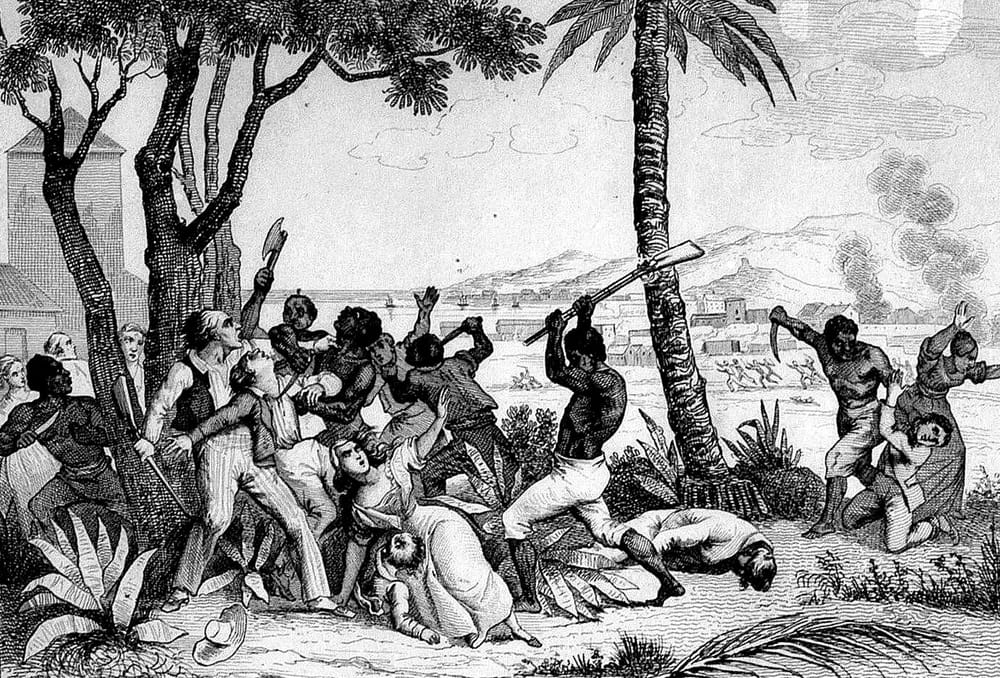Sharing stories about their lives and experiences in political organizing, narrators contribute to a collective memory, highlighting the similarities and differences in the landscape today and how they have remained committed to movement work over decades.
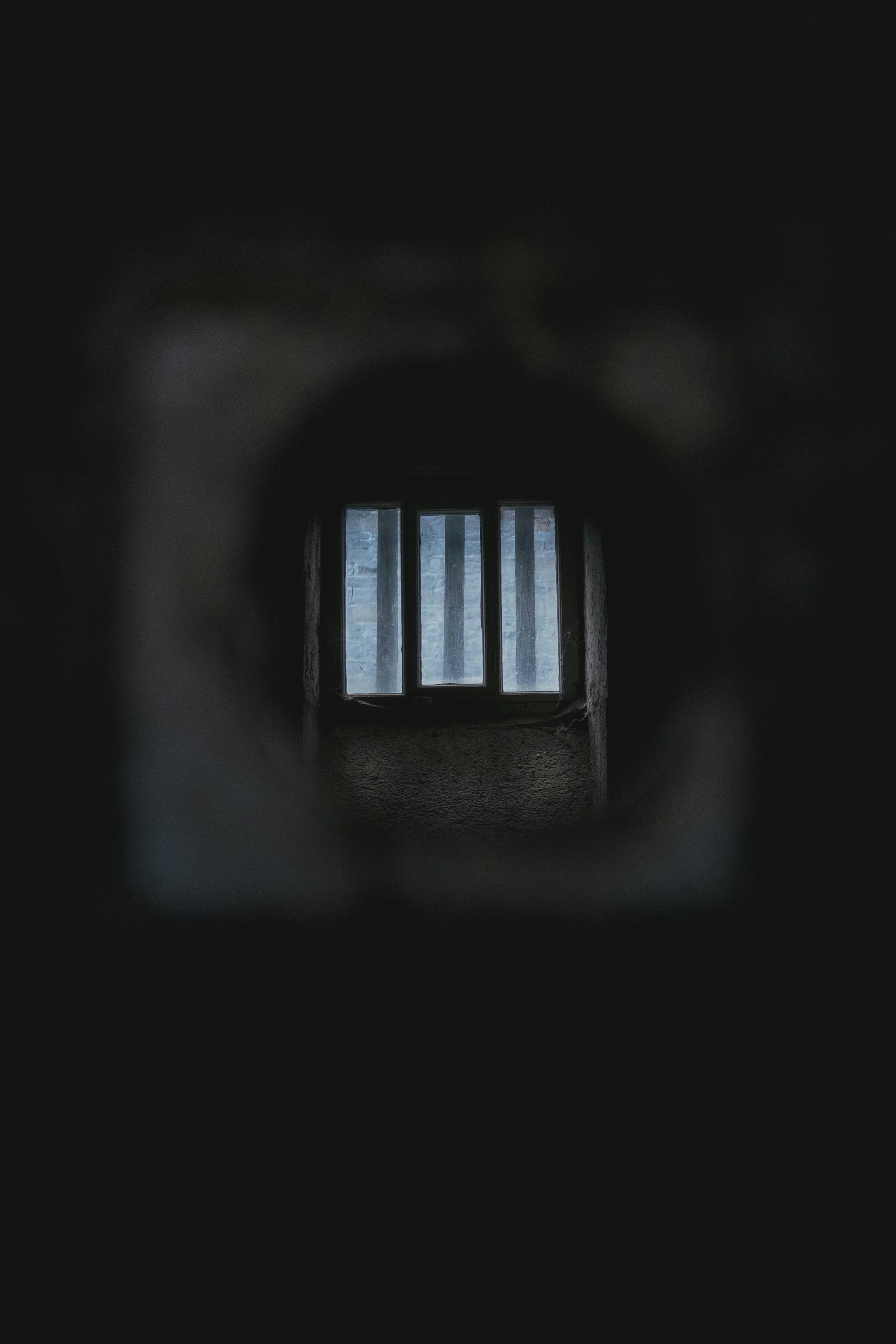
This is a preview of Jalil Muntaqim's 3-hour oral history conducted by oral historian Dartricia Rollins. It was recorded on June 12, 2025 at an office in Rochester, NY as part of an oral history collection with veteran members of the Black Panther Party and Black Liberation Army. This excerpt has been lightly edited for clarity.
Born and raised in Oakland, CA, Jalil Muntaqim is a Black Panther Party (BPP) and Black Liberation Army (BLA) veteran. In his oral history, he talks about his activist influences, his evolution to revolutionary nationalism, and 49 year-long incarceration as a political prisoner. Released in 2020, his message centers around decolonizing one's thinking, embracing New Afrikan heritage and identity, and building the "People's Senate" and alternative forms of governance. Muntaqim is the last living co-founder of the National Jericho Movement. Visit their website to learn more about how The Jericho Movement supports political prisoners.
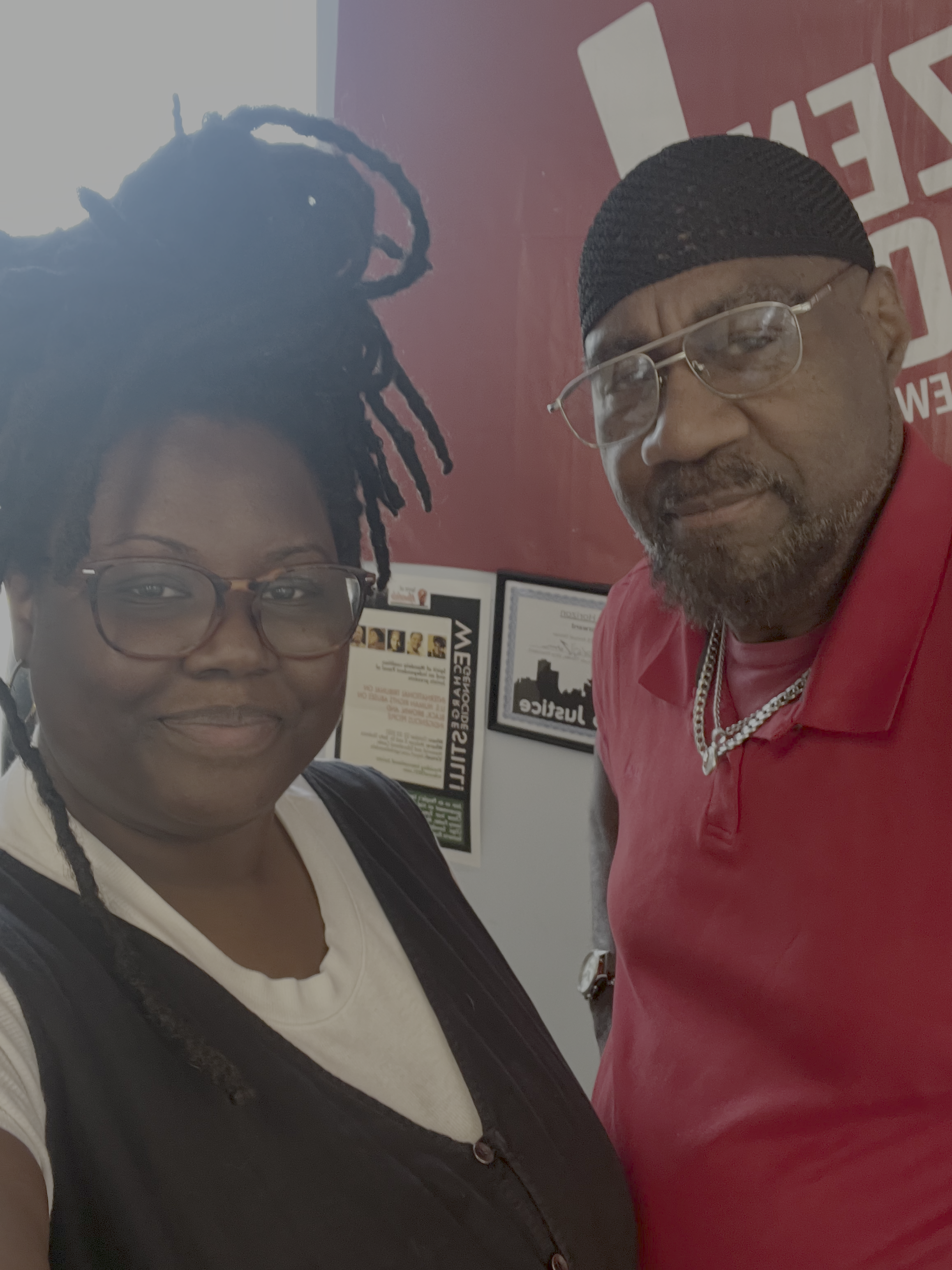
Jalil Muntaqim: And that’s what’s necessary today. We have to build a movement of resistance, and not episodes of resistance. You know, so that's that is, I think that is major differences from then to now. But keep in mind that we've always resisted. Okay, back then it was organized, all right. You had the Black Panther Party. You had the Republic of New Afrika. You had on the other side, you had the Brown Berets, you had the Young Lords. You had the SDS (Students for Democratic Society) and the Weather Underground, the Patriot Party. You had various other organizations, the American Indian Movement. We had various other organizations that were militant and engaged in the struggle for their community and for their people, which we were associated with and collaborated with in intimate work that does not exist today. Okay, or hopefully it's starting to rebuild as we move forward and in response to what we're now confronting with this overt white supremacy and fascist dictatorship that this country is now confronted with.
Dartricia Rollins: So you joined the Black Liberation Army.
JM: I was recruited in the Black Liberation Army at age 18. Yeah, and I'll tell you one story. There's a book I can't remember... by Donald Cox, right. Let me, let me see if I can find it, let me see if I can find it. *walks away* Because this, this. What I want to share with you is the *searches phone* let me find this book. Field Marshall, Donald Cox. All right. Here it is. All right. It's called Just Another Nigger. I don't know why he used that name, but Just Another Nigger: My Life in the Black Panther Party, right by Donald Cox, right in that in that book, he talks about him taking a particular action, right. And as he took the action, he's coming back to the car, and somebody pulled him into the car so we could make our getaway, right. That person that pulled him into the car, that was me! That was me, right. And that was my first action. They decided that they're going to take some action for whatever reason. They said they needed one more person to be part of the crew. And so my comrades, who were Black Panther Party members, who were part of The Chants, our singing group, would have then become Black Panther Party members, they said,
"Hey, we need you to come with us." *unclear*
"What y'all talking about?"
Well, they knew I was a fighter. They knew I was about getting busy, right. So, what else I'm gonna do, I gotta show up, and so that's what I did. So I showed up, and that was my first, first foray right into the work of the Black underground.
The name Black Liberation Army didn't come prominent or become known publicly until the incident of May 19, May, May 21, 1971 where Dhoruba bin Wahad was arrested for May 19th, event where two police officers were shot in front of DA's (district attorney's) office, and then two nights later on, May 21st two police officer was murdered or killed in the Harlem Projects, Colonial Harlem Projects, two police officers killed, and that's what I was arrested for, right, eventually convicted and did the majority of my time right for that incident.
And at that time, a communique was released, announcing the Black Liberation Army of having committed this particular act of retaliation. Acts of retaliation against some young people being murdered by police. Alright, they are killing our children, killing our babies. And so we decided we going to retaliate as a result of this police sanctioned violence against Black, brown, and Indigenous people in this country, and that's what the the work of the Black Liberation Army, for the most part, was protecting the Party and protecting our political platform and programs, and building building out our revolution, building up our movement, right, and to let the state know, if you come after us, we're coming back, right. It's gonna be bleeding on both sides of this, this game, right. And if we got to send our mothers, mothers to the funeral home and to the burial ground, and y'all gonna be going to burial ground and funeral homes as well.
Okay. And statistically, if you, if you do the study, right prior to that, to the Black Liberation Army, BPP, it was an all time high of state-sanctioned violence and murdering of Black people right. During the course of the Black Panther Party, Black Liberation Army, the killing of Black people decreased, decreased. Because they knew there might be a possibility that there would be retaliation for their vicious murdering of our people. Alright, after the event, after the destruction of the Black Panther Party and the BLA, the killing of our people increased, right, with impunity, because they didn't feel there would be any retaliation. Alright. So that is the upside right of the Black underground, what we call the Black Liberation Army. But yeah, so that, yeah, that's it.
DR: Yeah. I mean, you carried on that militancy, though, even after you were captured. I mean, you've stayed committed.
JM: Yeah.
DR: Throughout time.
JM: Oh, yeah.
DR: Okay, so...
JM: They changed the terrain, but they ain't changed the fight.
DR: That's right.
JM: Okay. So they changed, they changed the terrain. I knew I was going to prison. So going to prison, I become, then a political prisoner, prisoner of war, right. They changed the territory, right. They changed the environment, but the war continued. So while I was in prison, I continued to organize, right. I organized the first national newspaper, a prison newspaper called Arm the Spirit while I was inside. And the story from that is that originally it was like a newsletter of essays and stories. It was written by those of us who were in the adjustment center at the time, San Quentin adjustment center at the time, or San Quentin Six right and Geronimo and Russell Little from the SLA (Symbionese Liberation Army). We're all in there together. Ruchelle Magee. Matter of fact, I was locked… when I was in the insane Quentin Adjustment Center, no Justice Center. I was locked between Ruchelle Magee and Charlie Manson, okay. And had San Quentin Six down the tier, and had Geronimo and Russell upstairs on the second floor, right. We were rocking the AC, Justice Center at that time.
And so, we used to write letters, essays, and send them to the streets, to the support group of San Quentin Six and Geronimo and SLA, and then they would make copies of our essays and distribute them into the progressive community. And it became so popular, right, that people were looking for our stories and our essays on a monthly level. So then I decided, well, listen, if it's like that, it must be... People must be interested in what's going on inside these prisons. And so I made a call and started getting essays and stories from across the country, and we turned it into a new, actual newspaper that we called Arm the Spirit. The first revolutionary newspaper developed by prisoners for prisoners across this country.
I also initiated the first petition to the United Nations from prisoners. Right that was recorded by the United Nations. An actual petition was recorded. I had an attorney named Catherine Burke who had worked with Amnesty International. She was introduced to me. She came to visit me while in San Quentin. I told her what I wanted to do. She said, “Well, listen, we have resources, and I'll help you out in making this happen.” And so we filed the first petition to the United Nations dealing with the issues of political prisoners and also the conditions inside the prison system, alright, the penal slave system in the United States. And it's recorded. It was recorded. I have the recording in my book, right the number of the recording of that petition.
I started the first march, one of the first marches in Washington, D.C., called the Jericho March, right. That originally evolved from the Republic of New Afrika. The Republic of New Afrika used to have marches around the White House right, calling for the release of political prisoners, called Jericho March. And back in 1986 they stopped doing it. And... '86 or '96?... 96! They stopped doing it right, and I didn't understand why. And I called my beloved sister, Safiya Bukhari, Asha Bukhari. Safiya Asha Bukhari, and my dear brother, Herman Ferguson, right.
Story about Herman Ferguson is this: Herman Ferguson was the first Secretary of OAAU (Organization of Afro-American Unity), working with, el-Hajj Malik el-Shabazz, Malcolm X, right. He became a COINTELPRO victim, Herman Ferguson. COINTELPRO victim, accused of attempting…of planning to assassinate Roy Wilkinson, who was the head of NAACP and Andrew, not Andrew Young, Whitney Young, who was the leader of the Urban League at the time. Okay, these bourgeois Negroes, leaders, right. And we learned about him being targeted by COINTELPRO. He escaped, left the country, went to Guyana, became a colonel in the Guyana army, came back to the United States, did time for absconding, I think he did about five years in Attica, came out, got back involved in the movement again, right. He was a leader of, like I said, OOAU and also RAM, Revolutionary Action Movement during the period. He was also a school teacher, that was his profession. He was a school teacher, I think, in Brooklyn, Brooklyn, or Queens, okay. And also a revolutionary.
So I called. He and Safiya came to see me. I said, "Listen, we got to restart this Jericho Movement. We can't let that go away." And they say, "Okay, well, we'll work on this Jalil, but we ain't gon get it done at the time that you want it done." Alright. So that was in '96 and so in 1998 was the first march we had, the first march, Jericho March to Washington, DC, right. 6,000 activists from across the country went to that march and demonstration. And then, as a result of that, we built what we call the National Jericho Movement.
So I was the co-founder, the three of us are co-founders of National Jericho Movement. I am now the only living co-founder of the National Jericho Movement. It's been in existence going on 25 years, building in support for the release of our political prisoners and prisoners of war across the board, right. It's the premier national organization in support of political prisoners in this country.
Jalil Muntaqim is an activist, author, and veteran member of the Black Panther Party and Black Liberation Army. During his five decades of incarceration, Muntaqim remained a pioneering leader within and without his prison walls. He initiated national campaigns for the United States to recognize the status of political prisoners who, like himself, fought for liberation in the face of state persecution, surveillance and intimidation, and later helped to found an amnesty movement dedicated to freeing political prisoners and prisoners of war. He also earned multiple college degrees, mentored hundreds of people, and taught classes on sociology, African Studies, poetry, IT, and other life skills.
Released on parole in October 2020, and now at Citizen Action NY, Muntaqim lends his experience and knowledge of history to discuss the way forward from our present moment on policing, popular resistance, criminal (in)justice, and our collective imaginings for a more just, more humane future.
